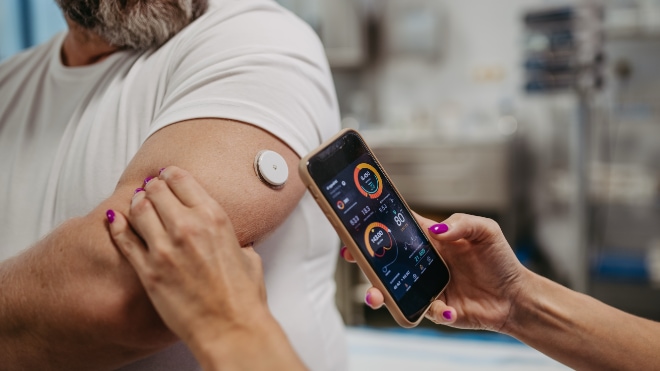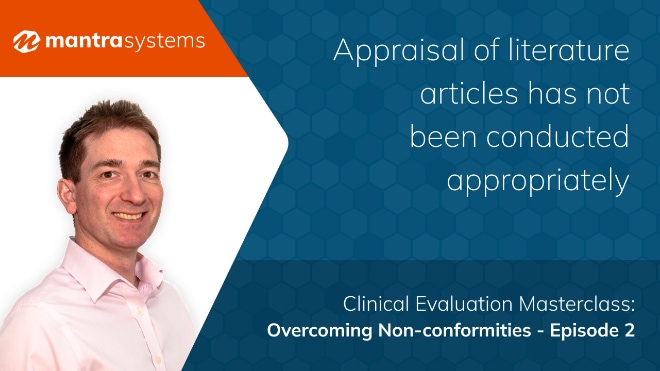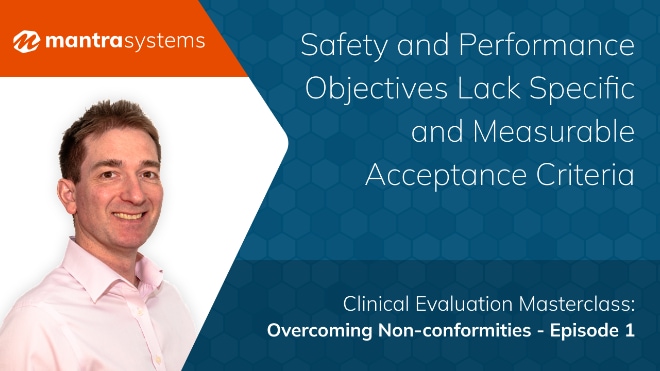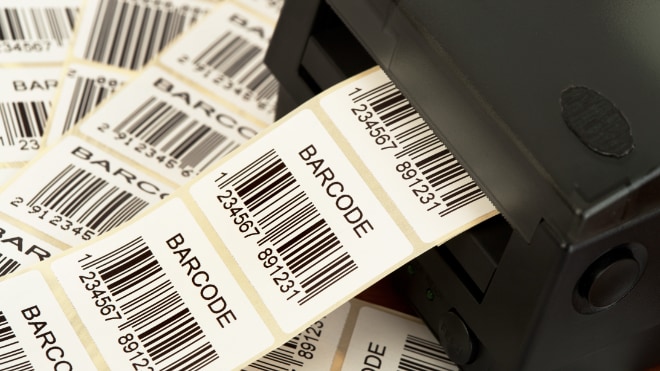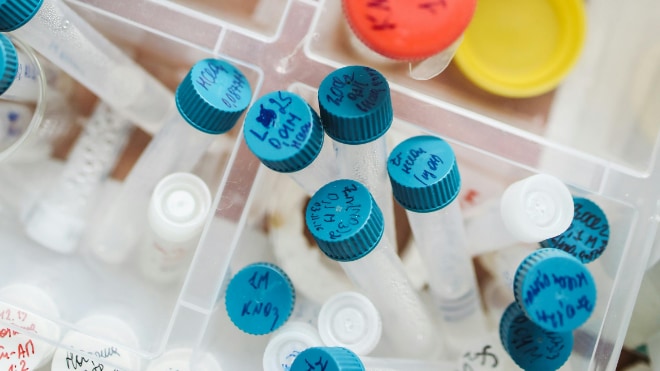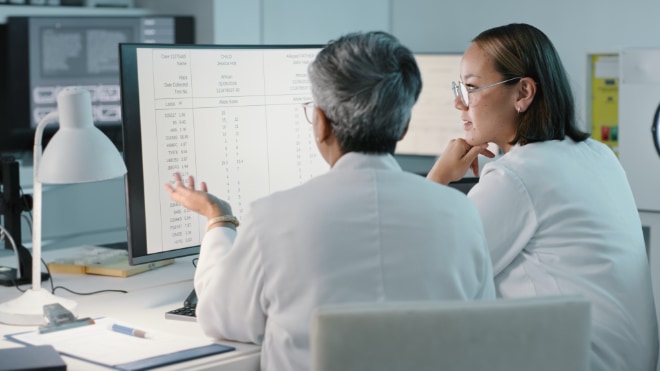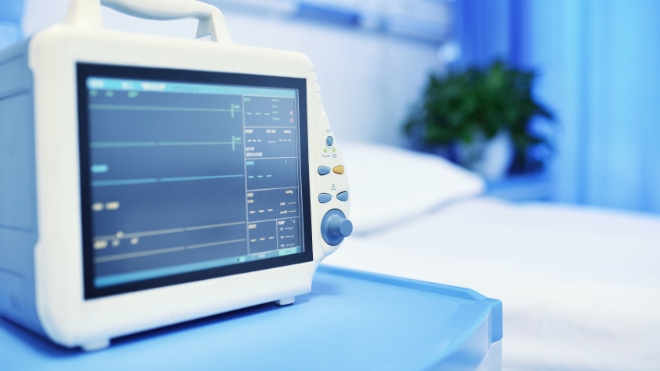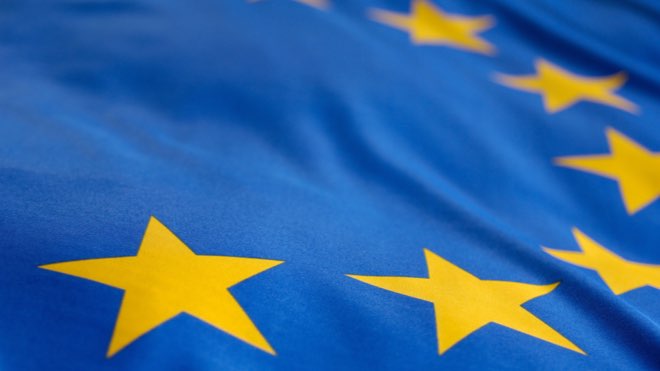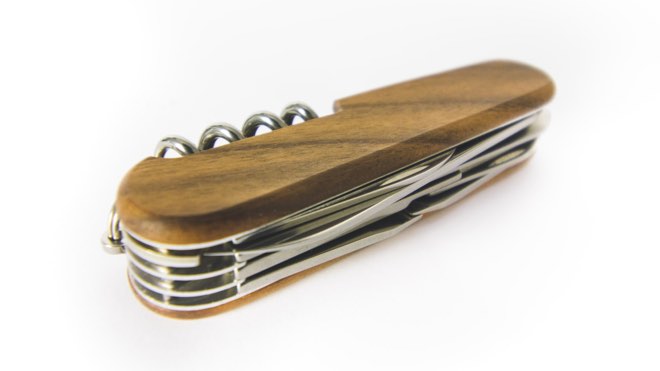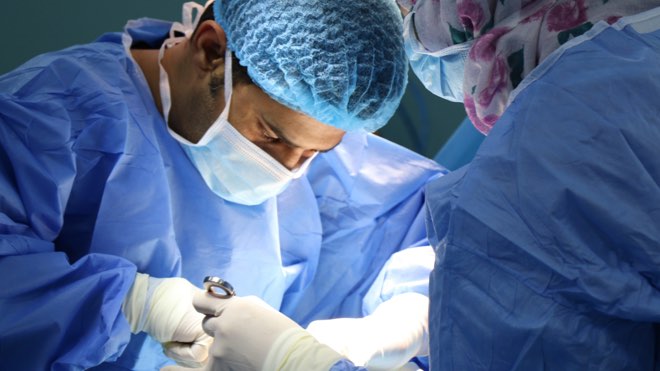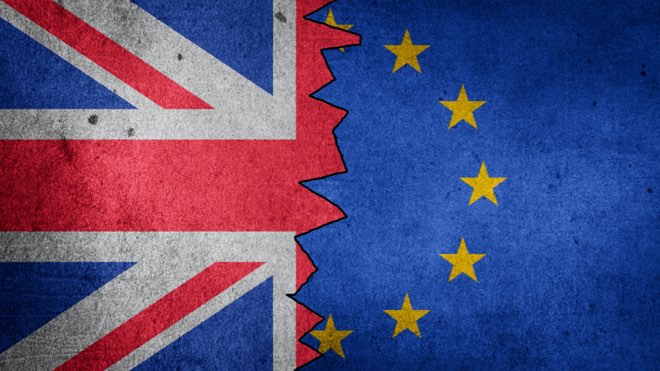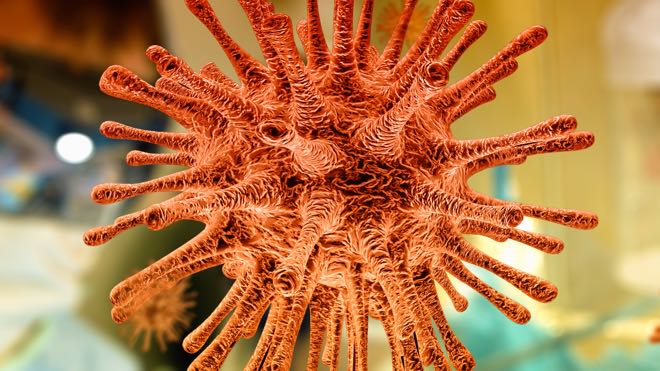
A healthcare crisis such as the Covid-19 pandemic means that adaptations must be made across the medical device industry. Manufacturers, regulators, and product users are being asked to do more with fewer resources, meaning that processes must be streamlined in order to meet demands.
One step that has been considered is a partial relaxation of regulatory obligations to enable more products to be brought to market. The one-year delay to full implementation of the EU MDR arguably stands as evidence that regulators understand the difficulties that manufacturers are currently facing. Other proposed measures include allowing re-use of single use devices to ensure ongoing availability of critical products.
In the event of a worldwide health crisis, the Medical Device Regulation (EU) 2017/745 allows for a partial step down from full regulatory enforcement. MDR Article 59 describes a procedure for emergency derogation from standard conformity assessment processes in the event of a public health emergency. Article 59 enables Competent Authorities to allow normal conformity assessment procedures to be bypassed for devices that are deemed essential in responding to the healthcare emergency. Unsurprisingly, in the context of the current crisis, Article 59 applications to the MHRA have been very numerous.
Priorities
While it is a priority to ensure that life saving products are made available to staff and patients as quickly as possible, it is also vital that the safety and performance of medical devices is subject to the appropriate level of scrutiny. A balance must be found and the industry must ensure safety as well as product availability. The medical device market is one of the most tightly regulated sectors in the world for good reason — unsafe or ineffective medical devices could cause far more problems than they solve.
We believe that conformity derogation procedures have an important role to play in securing device availability at times of crisis. However, we also believe that they should very much be the exception and that normal medical device regulatory processes should continue to be the default position. Product safety should take priority given the vast range of devices already available on the market.
Understandably, all medical device manufacturers are keen to reduce time and money spent on regulatory processes. However, the best approach is to work with a regulatory professional who will advise on the most efficient route to medical device certification. Working with a services provider who is an MDR expert will ensure than your devices are made available quickly, and that their regulatory approval status is protected well into the future.
Mantra Systems brings medical expertise to MDR compliance. Our team of expertly-trained medical professionals deliver MDR consulting services focused on Clinical Evidence Generation, Clinical Evaluation, PMS, PMCF and clinical investigation design.
Get in touch to discuss your requirements further.



